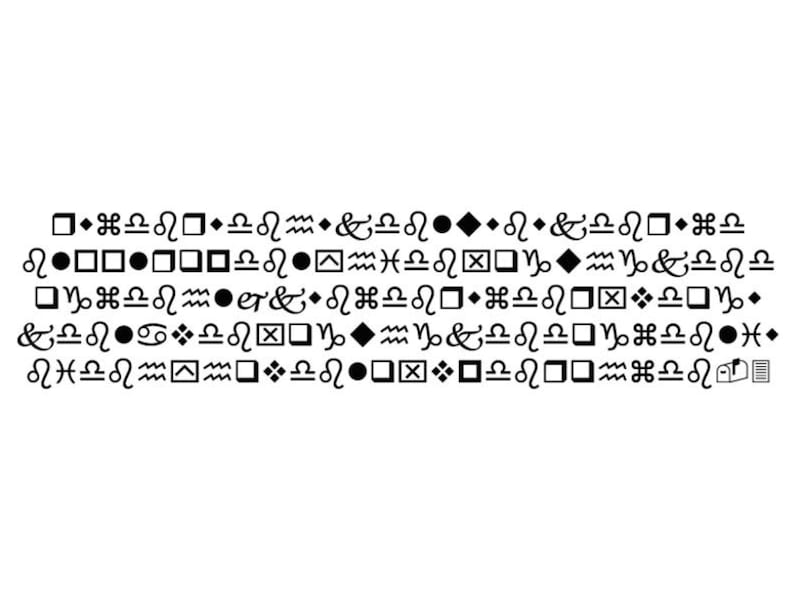2 releases
| 0.1.1 | Jan 12, 2021 |
|---|---|
| 0.1.0 | Jan 8, 2021 |
#1900 in Cryptography
76KB
1K
SLoC

What is it?
Pure Rust implementations of static Diffie-Hellman key-exchange and ECDSA. It includes impls for both plain vanilla DH, elliptic-curve DH along with ECDSA impls for p256, p384.
- The standard DH implementation is a (vanilla) object oriented api. It has support for multiple DH Groups DH5, DH14, DH15, DH16, DH17, DH18.
- The ECDH implementation comes with a textbook implementation of
Affine-Pointarithemtic asProjective-Pointarithmetic in RustCrypto is only implemented for curves p256, secp256k1 and support for more curves is on the cards but not yet available. - ECDSA impls use the ECDH module for key generation.
- The crate makes use of
min-const-genericsextensively for code-reuse. You'll need rust-1.51 which has added support for it.min-const-genericsis now stable onrust-nightly.
Usage:
use static_dh_ecdh::ecdh::ecdh::{ECDHNISTP384, KeyExchange, ToBytes};
fn main () {
let alice_sk = ECDHNISTP384::<48>::generate_private_key([12; 32]);
let alice_pk = ECDHNISTP384::<48>::generate_public_key(&alice_sk);
let bob_sk = ECDHNISTP384::<48>::generate_private_key([21; 32]);
let bob_pk = ECDHNISTP384::<48>::generate_public_key(&bob_sk);
let alice_ss = ECDHNISTP384::<48>::generate_shared_secret(&alice_sk, &bob_pk);
let bob_ss = ECDHNISTP384::<48>::generate_shared_secret(&bob_sk, &alice_pk);
assert_eq!(alice_ss, bob_ss);
println!("alice_ss: {:x}", &alice_ss.unwrap().to_bytes());
println!("bob_ss: {:x}", &bob_ss.unwrap().to_bytes());
}
Output:
Compiling static-dh-ecdh v0.1.0 (C:\Users\Nil\devspace\rust\projects\static-ecdh)
Finished dev [unoptimized + debuginfo] target(s) in 3.84s
Running `target\debug\examples\ecdh_p384_curve.exe`
alice_ss: 66e078e64405a21f61324f23ecc3eaa1376105e4aea83b632625cb4bd1afdb8cb26295c2d20cb89d4af87735491b4214
bob_ss: 66e078e64405a21f61324f23ecc3eaa1376105e4aea83b632625cb4bd1afdb8cb26295c2d20cb89d4af87735491b4214
use p384::{EncodedPoint};
use static_dh_ecdh::signatures::{ECDSASHA256Signature, ECDSASHA384Signature, ECSignature};
fn main () {
let data = b"ECDSA proves knowledge of a secret number in the context of a single message";
let mut signer = ECDSASHA256Signature([0; 32], [0; 64]);
let _keys = signer.generate_keypair([12; 32]); // test seed value
let signature = signer.sign(data).unwrap();
let v = signer.verify(data, &signature.as_ref());
println!("verified_256: {:?}", v);
println!("r256: {:?}", ECDSASHA256Signature::r(signature));
println!("s256: {:?}", ECDSASHA256Signature::s(signature));
let data = b"ECDSA proves knowledge of a secret number in the context of a single message";
let mut signer = ECDSASHA384Signature([0; 48], EncodedPoint::identity());
let _keys = signer.generate_keypair([12; 32]); // test seed value
let signature = signer.sign(data).unwrap();
let v = signer.verify(data, &signature.as_ref());
println!("verified_384: {:?}", v);
println!("r384: {:?}", ECDSASHA384Signature::r(signature));
println!("s384: {:?}", ECDSASHA384Signature::s(signature));
}
Output:
Finished dev [unoptimized + debuginfo] target(s) in 0.11s
Running `target\debug\examples\signatures_test.exe`
verified_256: Ok(true)
r256: [196, 233, 13, 80, 251, 14, 164, 68, 13, 130, 177, 28, 244, 209, 119, 121, 79, 202, 214, 127, 124, 220, 31, 10, 196, 233, 219, 21, 82, 130, 32, 94]
s256: [156, 131, 138, 215, 204, 167, 103, 102, 47, 2, 88, 246, 171, 235, 128, 210, 180, 243, 74, 72, 20, 75, 26, 178, 185, 58, 183, 245, 209, 186, 33, 162]
verified_384: Ok(true)
r384: [109, 4, 148, 3, 54, 155, 152, 101, 150, 29, 132, 220, 207, 181, 248, 248, 74, 150, 212, 247, 43, 110, 113, 200, 116, 197, 243, 194, 45, 100, 173, 250, 230, 155, 9, 145, 50, 250, 189, 59, 59, 40, 149, 133, 117, 121, 103, 88]
s384: [183, 102, 204, 199, 243, 16, 212, 232, 50, 154, 154, 87, 92, 167, 101, 87, 222, 7, 15, 182, 219, 143, 178, 57, 2, 15, 162, 104, 160, 201, 5, 163, 31, 205, 21, 172, 160, 200, 142, 227, 253, 135, 53, 129, 29, 139, 20, 230]
Imp: This crate does not in anyway aim to replace RustCrypto ECC impls. I'm working on a prototype networking protocol that needs ECDH. and RustCrypto doesn't support a few curves (p-521 and Brainpool) yet. It also doesnt have out-of-the-box support for static ECDH for implemented curves. So, I put this together.
Caveats:
With that in mind, here are the caveats
- This crate has NOT been tested (it only includes a few working examples)
- Performance was not a consideration - the arithmetic used in this crate is the textbook version of
Affine-Pointmath and relies on thenum_bigint_digcrate. Although, preliminary testing seems to indicate that its (actually) good. My assumption isnum_bigint_digis the cause but cannot confirm. - It is a
no_std libbut its not dynamic-memory allocation free as num_bigint_dig relies onalloc. Side-channelattacks have not been considered no attention has been paid to things likeconstant time equalityoperations.- This crate borrows some of its types from RustCrypto's elliptic-curve library so as to build a uniform api and make it easy to integrate
rustcrypto-eccfor when it adds support for other curves. - This crate includes curves that are not yet supported (or fully supported) by the RustCrypto project. List of supported curves -
- p256 - This is the 1 impl in this crate that you could probably use in a production environment as it was
lifted(in an as-is from) from a pretty well-tested crate -rust-hpke, which in-turn uses RustCrypto's p256 crate as its base crate. - P384 - Implemented with
Affine-Pointmath and a few additional types from RustoCrypto library. - P521 - support to be added (the impl will be similar to P384)
- Brainpool - supported to be added (the impl will be pretty similar to P384)
- p256 - This is the 1 impl in this crate that you could probably use in a production environment as it was
Dependencies
~5MB
~96K SLoC